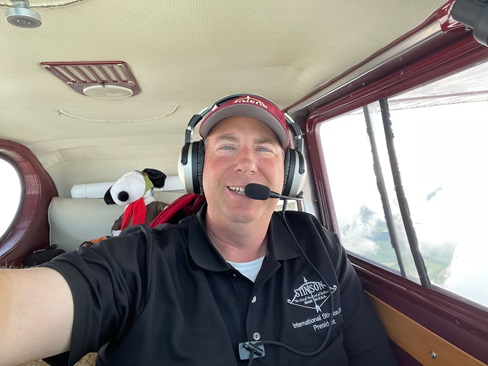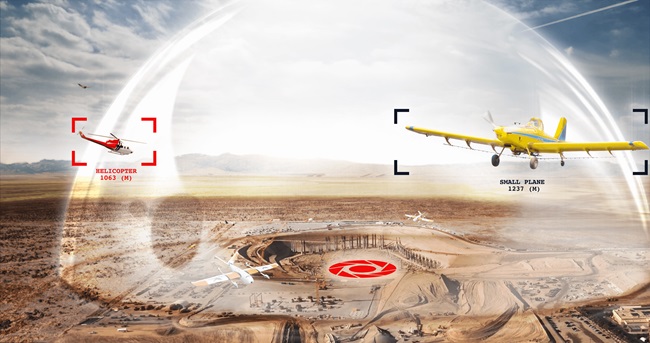AOPA to keep close watch on twin Cessna ADs
Mar. 11, 2004 - After months of pressure from AOPA and the Cessna Pilots Association, the FAA finally presented its evidence for pursuing two proposed twin Cessna airworthiness directives during a two-day meeting between the agency and those affected by the ADs.
"The good news is the FAA finally showed its hand and explained why it wants to impose the ADs on most 400-series Cessnas," said AOPA Director of Regulatory and Certification Policy Luis Gutierrez. "The bad news is the data made the case for potential structural problems with the twin Cessnas' wing spars and justified the agency's moving forward with developing the directives."
"AOPA works to prevent unnecessary regulation, but our primary concern is always aviation safety," said Andy Cebula, AOPA's senior vice president of Government and Technical Affairs. Once the FAA shows that there is true cause for concern, we turn our attention to making sure directed repairs are supported by the data."
Prior to the meetings, the FAA had refused to release the data, forcing AOPA to pursue a Freedom of Information Act request to get it.
The proposed ADs require inspection of wing-spar caps for fatigue cracks, repair or replacement of any cracked wing spars, and installation of a Cessna-manufactured spar strap modification kit on each wing spar.
As proposed, the ADs would require an estimated 485 man-hours and up to $70,000 per aircraft. That could ground much of the fleet of nearly 1,500 Cessna 401, 401A, 401B, 402, 402A, 402B, 402C, 411, 411A, and 414A aircraft and cost more than many of these aircraft are worth.
The meeting also demonstrated the FAA's growing concern about the aging general aviation fleet and hinted at the broader future use of engineering models to pinpoint areas of concern and possible remedial action.
AOPA staff members who attended the meeting said there was good, productive dialogue between FAA officials and the owners and operators of twin Cessnas. As a result, both sides decided to reconvene within 60 days with updated proposals based on the meeting discussions. And the FAA pledged not to issue the ADs until after the next meeting, barring any accidents between now and then.
"We'll have to see what sort of amended proposal the FAA brings back at the next meeting," said Gutierrez. "Now our focus shifts to making sure the specific corrective measures are supported by the data and give pilots and owners a reasonable period to comply without compromising safety."
04-1-130x


